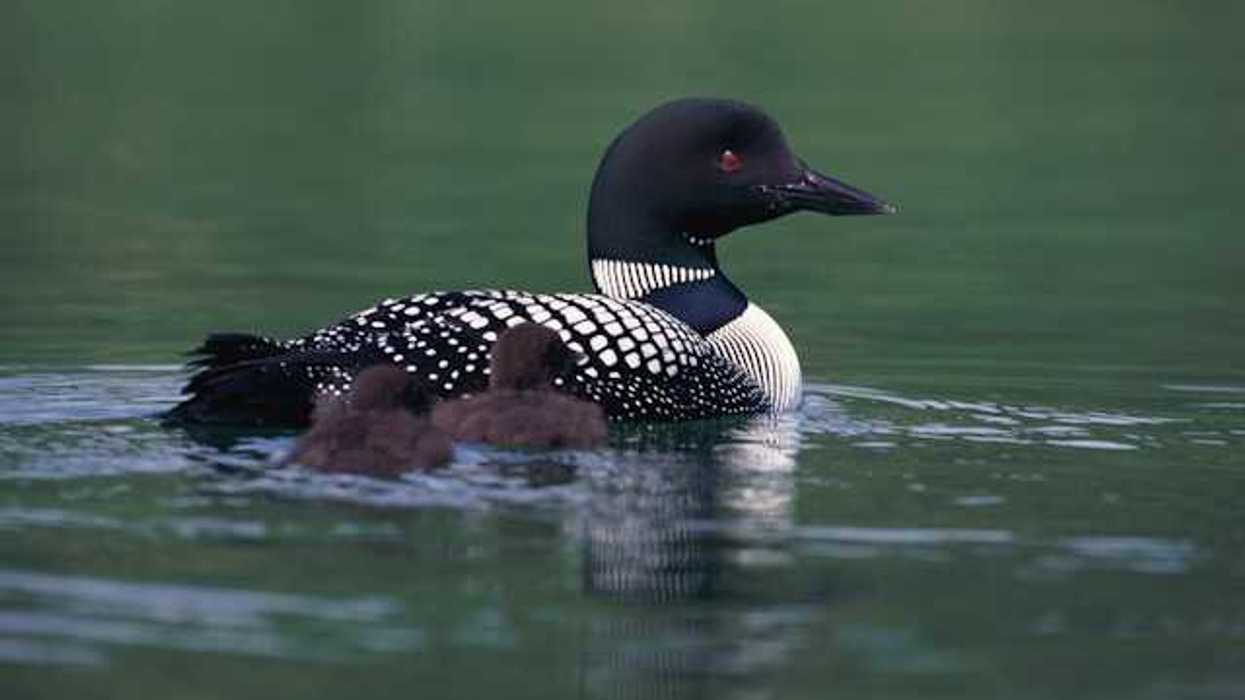A look into how Native North Americans adapted their societies during the Little Ice Age offers insights for modern climate change resilience.
Kathleen DuVal reports for The Atlantic.
In short:
- Native North Americans crafted new societal structures in response to dramatic climatic shifts during the Little Ice Age, diverging significantly from Western European strategies.
- These adaptations included decentralized governance, economic diversification, and a focus on sustainability and reciprocity.
- Historical responses to climate change by Indigenous peoples underscore the importance of flexibility, communal responsibility, and sustainable living.
Key quote:
"Reciprocity is not merely generosity; giving away a surplus is an investment, insurance that others will help in your own time of need."
— Robert A. Williams Jr., Lumbee legal scholar.
Why this matters:
Embracing sustainability, decentralized decision-making, and community resilience could guide contemporary strategies for addressing climate change, enhancing health outcomes, and fostering a more equitable society. We must adapt to climate change. Can we do it in ways that solve other problems too?














